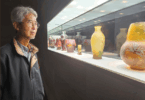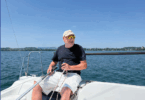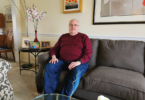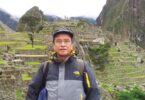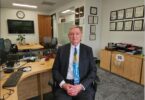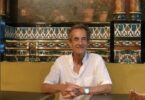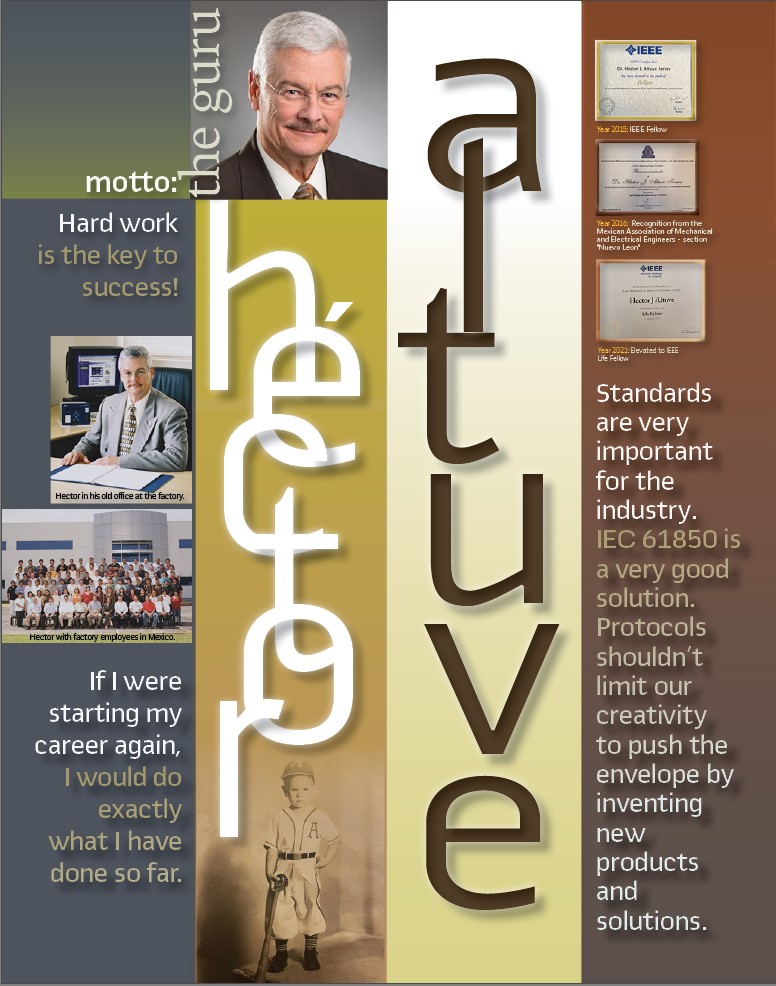
PAC World: When and where were you born?
H.A.: I was born in Moron, Camaguey, Cuba, on October 5, 1947.
PAC World: Where did you grow up and where did you go to school?
H.A.: I grew up in my hometown until I was 16. I attended elementary, middle, and high school in Moron.
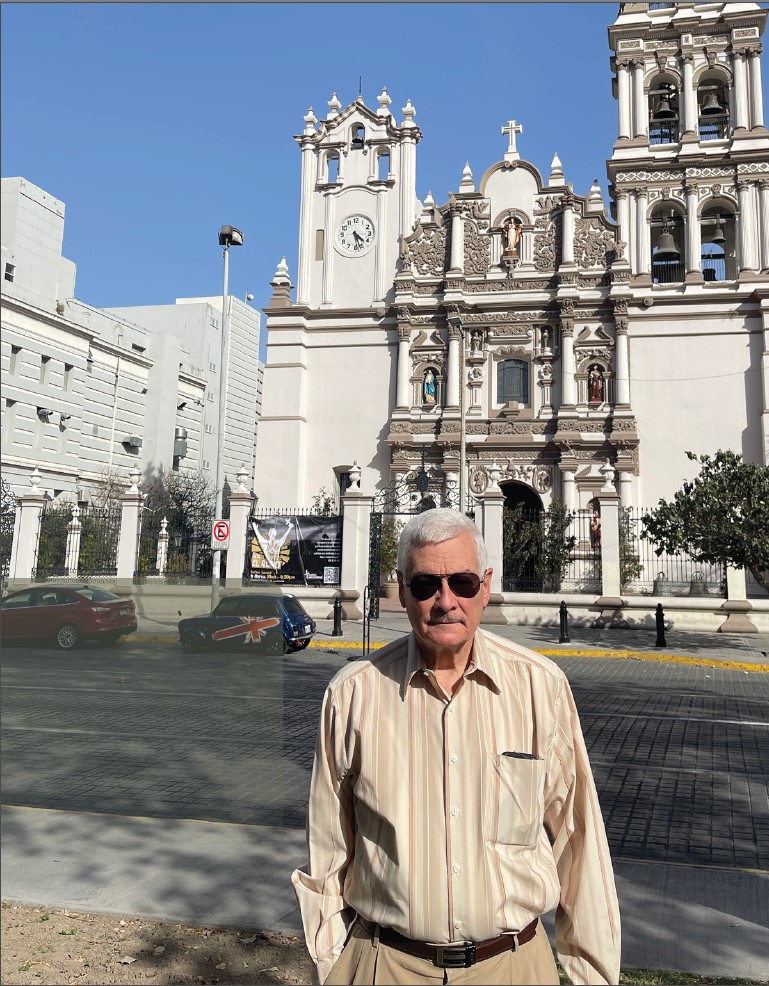
PAC World: Did you have any specific interests while in school?
H.A: In elementary and middle school my main interest was math. In high school, I got interested in physics. I was also attracted to languages. I began studying English when I was seven.
PAC World: Can you think of someone or something in your childhood that influenced your decision to become an engineer?
H.A.: I had excellent teachers, including my mother, who was my first-grade teacher in the public school. I also took all elementary grades with her in her private school. She was an excellent educator and taught me values, love for learning, and hard work ethic. My mother and other educators influenced my decision to pursue a college degree. My decision to become an engineer came from the subjects I was exposed to in high school.
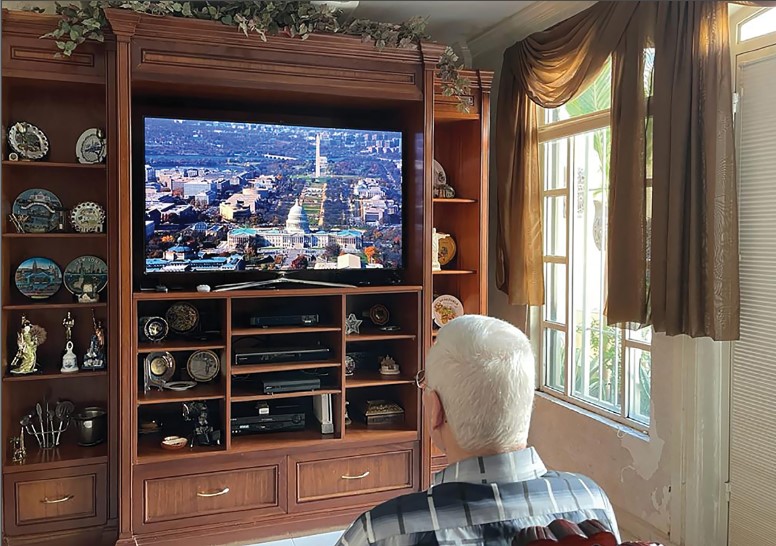
PAC World: Where did you go to university and why did you choose that one?
H.A.: I attended the Central University of Las Villas, located in Santa Clara, Cuba, a city far away from my hometown. I selected this top university because it had a great electrical engineering school.
PAC World: Why did you study electrical engineering?
H.A.: As I said before, my favorite subject was math in my childhood. In high school, when I studied physics, I knew I would become an engineer. Then, when I studied electricity in physics, I was fascinated by it, and I knew then I would become an electrical engineer. It was that simple, there was never a doubt.
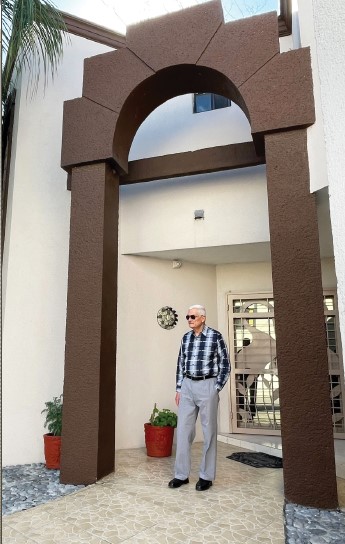
PAC World: Did you have any interests other than learning at that time?
H.A: I was very passionate about sports, and I played both baseball and basketball at a high level, representing my state in national competitions. I also started serving as a baseball commentator when I was 13. I was a university professor when I decided to quit. It was a tough decision because I loved it, but I needed more time for my true passion: my electrical engineering career.
PAC World: Was there any specific reason to choose an academic career after graduation?
H.A.: I have always loved teaching. I taught my fellow students in high school and college. It was natural for me to choose an academic career. I think that the knowledge a person accumulates over life does not belong to that person, it comes from others. Hence, this person has the moral obligation to transfer this knowledge to others. I like seeing the students’ bright eyes, letting me know they are learning. I enjoy having the possibility to help others learn about this fascinating field.This is a blessing and a big responsibility!
PAC World: Why did you decide to continue your education in the USSR?
H.A.: I was highly motivated to get a PhD degree. Cuba had agreements with universities in socialist countries at that time. My university decided to send me to the Soviet Union.
PAC World: Why did you select the Kiev Polytechnic Institute, Ukraine?
H.A.: My university also decided to send me to the Kiev Polytechnic Institute for my PhD studies. This happened to be a great choice because they had a very strong power engineering program, and my advisor was a power system protection expert. He accepted the thesis topic I proposed, which allowed me to continue my research on power system protection that I had started at the Central University of Las Villas. On a personal note, I did not speak Russian before my time in the Soviet Union, so it was also a life experience in many ways. I truly enjoyed living in Kiev, it is a beautiful city.
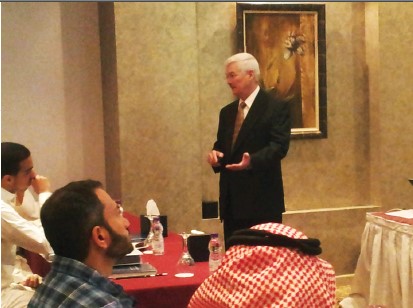
PAC World: What made you move to Mexico?
H.A.: In 1989, The Central University of Las Villas signed an agreement with the Autonomous University of Nuevo León, located in Monterrey, Mexico. I was sent to visit this university and found that they had a PhD program in electrical engineering and were looking for a power system protection professor. I spent three years serving as a visiting professor in the PhD program, before finally accepting a full-time position there and was able to relocate with my family.
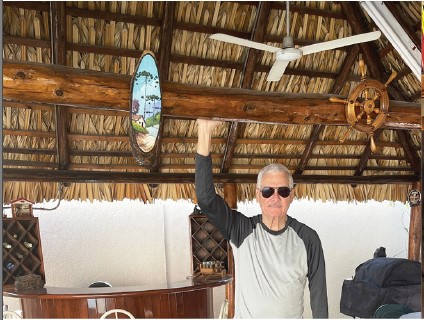
PAC World: You studied and worked at different universities and countries during your career. Did you find something in common between them?
H.A.: In my opinion, something universities have in common is that they do a good job teaching sciences and contributing to students’ general formation, but not many of them offer good specialization engineering courses. This is an education gap mainly caused by rapidly evolving technologies. Technical training provided by the industry should be aimed at closing this gap.
Because of the fast-changing nature of specialization course content, an important role for universities is to develop students’ self-learning skills. Universities should prepare students to self-educate—to seek out and digest information themselves— because it will be an extremely useful skill in their professional lives.
PAC World: You have spent more than fifty years teaching. Do you see any difference in the students when you started and today?
H.A: Early in my teaching career, students did not have calculators and computers. I remember teaching students to use the slide rule calculator. This seemed to be a drawback, but it forced students to acquire the skills to solve problems applying math. Today’s students tend to rely more on computer simulations, which widens the type and complexity of engineering problems they can solve. However, the price is that they do not properly develop the basic mathematical foundations for problem solving. I always recommend my students to go back to the basics!
PAC World: What do you think is the importance of cooperation between industry and academia?
H.A.: This cooperation is very important in engineering schools, Alex! Universities produce better engineers and industry benefits from the collaboration with university researchers. Recognizing that Latin American engineering students lacked opportunities to gain practical experience in engineering, I created the Ibero American Symposium on Power System Protection in 1991 as a way to build relationships between universities and industry. This very successful event is considered the best protective relaying conference for Spanish-speaking engineers and students.
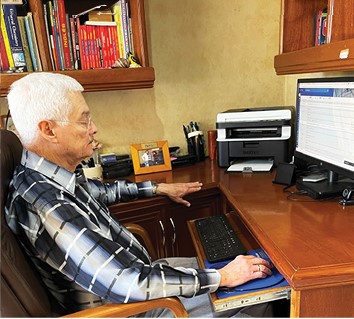
PAC World: After more than 30 years in academia why did you decide to work for a manufacturer?
H.A.: I wanted to try something new in my career and the opportunity appeared when I met Dr. Edmund O. Schweitzer, III in 1993. In the following years we taught courses together and I did some projects for SEL, especially during the year I spent in Pullman as a Washington State University visiting professor. Dr. Schweitzer offered me an SEL research position in 2001.
One of the many things that I love about SEL and attracted me to it is that it has a very strong academia-like focus. SEL University is a great platform where I can combine my passion for teaching with my love for research and applied engineering.
PAC World: You have been involved in research on different protection topics. Do you have a favorite?
H.A: It is gratifying to know that my work, including patented R&D results, is applied in tens of thousands of relays that are in service in dozens of countries. All these contribute to preventing power system blackouts worldwide, which is one of my career goals. If I had to single out a preferred research field, I would say power line and transformer protection.
PAC World: You have been actively involved in the IEEE for a long time. How do you see its role in our industry?
H.A.: IEEE is the largest professional organization in the world and provides a unique platform where love for engineering, innovation, and thirst for technical knowledge bring us together! IEEE journals and conferences provide a wealth of technical information. IEEE also allows for engineers from many countries with different levels of expertise to network around topics of common interest. I encourage young engineers to join IEEE!
PAC World: Our industry is in the process of transitioning towards a digital grid based on IEC 61850. What do we need to change in education to make this successful?
H.A: I think that standards are very important for industry, and this is the case of protocols for the electric power industry. IEC 61850 is a very good solution. We teach courses on this and other protocols in SEL University. I also think that protocols shouldn’t limit our creativity to push the envelope by inventing new products and solutions.
PAC World: You are the Dean of SEL University. What is the difference with a traditional university?
H.A.: SEL University (SELU) is not a formal university, we are the SEL training organization. Our mission is to provide the education and training needed to make electric power safer, more reliable, and more economical. SELU helps meet the urgent and increasing need for technical training in the electric power industry. Our training is for engineers and technicians from electric utilities and industrial companies, for consultants, and for university professors and students worldwide.
PAC World: What is the greatest challenge you faced during your professional career?
H.A.: Doing research with limited resources and poor information in my early professional years.
PAC World: What do you consider your greatest professional achievement?
H.A.: It is difficult to select only one, Alex. I would mention the invention of the alpha plane-based current differential principle, the creation of a panel manufacturing operation in Mexico, and my contribution to the formation of many engineers worldwide. I would also mention my contribution to the SEL family of books, which I consider part of my legacy to the new generations of engineers. I am also proud of the Ibero American Symposium on Power System Protection success.
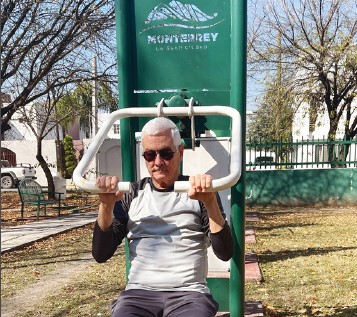
PAC World: You have received different awards. Which one do you consider the most important to you?
H.A: My IEEE Life Fellow nomination, which is bestowed to a very small percentage of the IEEE members. This is a great honor for me, and it embodies my contributions to the power industry.
PAC World: Do you believe that we are going to see more artificial intelligence applications in the future grid?
H.A.: I think that IEDs directly connected to power system apparatus, such as protective relays, will continue using deterministic algorithms to make fast, accurate decisions. I see artificial intelligence applications mainly for offline tasks. Processing the wealth of information collected by today’s IEDs is a possible application.
PAC World: How do you see the future of our industry?
H.A.: I see a growing penetration of clean, distributed, inverter-connected sources, which are difficult to dispatch, add no inertia to the power system, and challenge protection sensitivity. Time-domain protection, which uses information from the fault and not from the sources, is an excellent solution to this problem.
In addition, investments will continue lagging the pace of load growth. There will be more penetration of less resilient, electronically controlled loads. The result is that future power systems will operate closer to the security limits and will require even more advanced protection and control.
Finally, the industry workforce will require a deep knowledge of the new technologies needed to face these complex challenges. Universities and industry must work together to provide continuous education to both experienced personnel and the new generations of engineers and technicians.
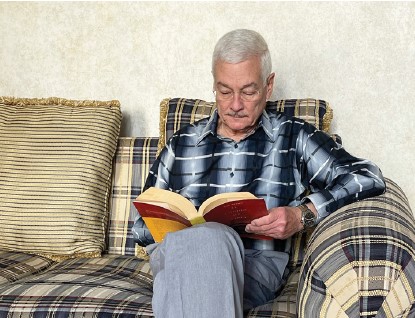
PAC World: You are still actively involved in many things. What keeps you going?
H.A.: I love what I do, Alex! I feel the strong need to contribute to the professional growth of the new engineers, and I enjoy it a lot. I say that I can’t retire because I don´t work, I just have fun and get paid for it!
PAC World: How do you balance your active professional life with your family life?
H.A.: This is always challenging, Alex, but I think I have a balanced life. Except when I am traveling, I devote a lot of time to my family. And… modern technology allows for daily communication.
PAC World: What do you consider your greatest personal achievement?
h.A.: The wonderful family my wife and I have created. We have been together for more than 55 years; we love each other and share high value standards. My wife is a university professor. We have two daughters (one in Miami and the other one in Cincinnati), who are excellent human beings and very successful professionals and have created beautiful families of their own. Our five grandkids are loving, well-behaved youngsters and excellent students. We keep very close contact despite the physical distance and spend a lot of time together.

PAC World: What do you like to do when you are not working? What is your favorite form of entertainment?
H.A.: Spending time with family. Reading, watching films, jogging, and swimming. Whenever possible, traveling.
PAC World: You travel a lot all over the world. Do you have a favorite place?
H.A.: New York, Paris, and Madrid.
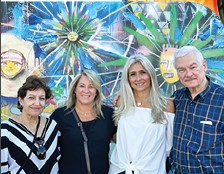
PAC World: Do you have favorite music?
H.A.: Romantic ballads.
PAC World: What is your favorite food?
H.A.: Cuban food!
PAC World: Do you have a motto?
H.A.: Hard work is the key to success!
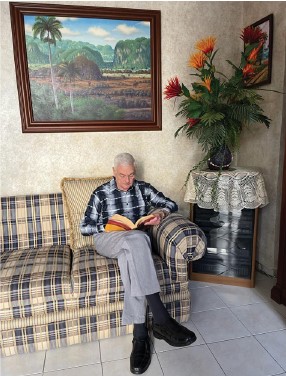
PAC World: Is there anything you would like to say to the young PAC engineers around the world?
H.A.: Electric power engineering is a fascinating field. We need you! Prepare yourselves for the challenge and be ready to work hard and have fun!
PAC World: Is there anything that we didn’t ask you that you think can help our readers better understand who you are?
H.A.: I am a very family-oriented and personable individual. Something I enjoy when traveling is the opportunity to meet people, to learn about their cultures.
I want to add that if I were starting my career again, I would do exactly what I have done so far.
Biographies:
Hector J. Altuve received his B.S.E.E. degree in 1969 from the Central University of Las Villas in Santa Clara, Cuba, and his Ph.D. degree in 1981 from Kiev Polytechnic Institute in Kiev, Ukraine. From 1969 until 1993, Dr. Altuve served on the faculty of the Electrical Engineering School at the Central University of Las Villas. From 1993 to 2000, he served as professor of the Graduate Doctoral Program in the Mechanical and Electrical Engineering School at the Autonomous University of Nuevo León in Monterrey, Mexico. In 1999 through 2000, he was the Schweitzer Visiting Power Professor in the Department of Electrical and Computer Engineering at Washington State University. Dr. Altuve joined Schweitzer Engineering Laboratories, Inc. (SEL) in January 2001, where he is currently a distinguished engineer and dean of SEL University. He has authored and coauthored more than 100 technical papers and several books and holds four patents. His main research interests are in power system protection, control, and monitoring. Dr. Altuve is an IEEE life fellow.



